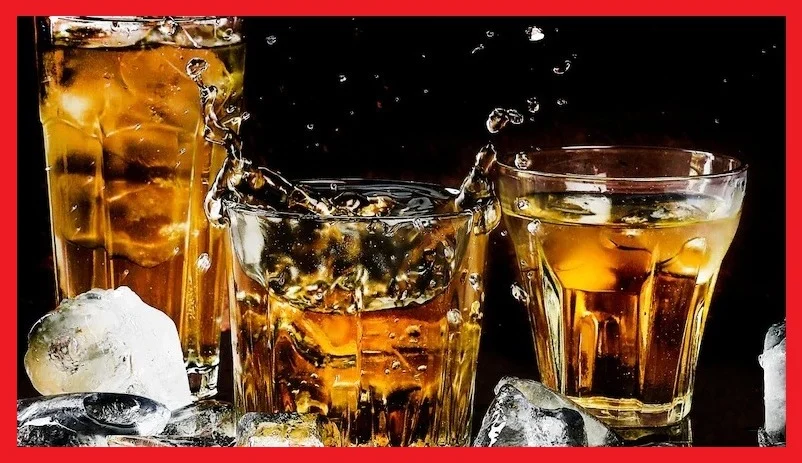
Domestic Spirits face challenges because of India’s decision to slash alcohol import duties.
A new trade deal between India and the UK will gradually cut import customs duties over the next 10 years. While lower tariffs and easier trade are usually good for both countries, this move could have a major impact on Indian liquor companies and local brands.
This change may benefit consumers who prefer high-end imported liquors, but it also raises concerns for the local liquor industry and the broader Indian economy.
Indian liquor makers are already struggling with tough regulations, uneven state excise rules, and limited marketing reach. Now, with global brands likely entering the market without import duties, local players face even more pressure from this stronger competition.
While consumers will benefit from lower prices and more choices, Indian alcohol producers are growing increasingly worried. For them, this isn’t just another trade deal — it could mark a turning point that reshapes the future of the local industry.
With import duties being lowered and state excise taxes still in play, the market dynamics could shift significantly. Imported liquor brands might end up with a clear price advantage over Indian brands, making it harder for local producers to compete.
In some states, excise duties account for 70–80% of the MRP of alcoholic drinks. When combined with reduced import duties, this could make Indian products less competitive—particularly in the premium segment of the market.
The Profitability Challenge for Indian Spirits
To stay competitive, Indian liquor brands may be forced to adjust their pricing strategies. However, this could lead to a sharp drop in their profits and operating margins.
India’s alcoholic beverage industry already faces one of the highest tax burdens in the world. According to data from the Confederation of Indian Alcoholic Beverage Companies (CIABC), taxes make up about 65–80% of the final retail price of alcohol, depending on the state.
On top of that, Indian alcohol companies face several layers of taxes—like state excise duties, VAT, label registration fees, and licensing charges. All these costs together limit their financial flexibility and make it harder for them to grow or compete.
Sources: Moneycontrol





